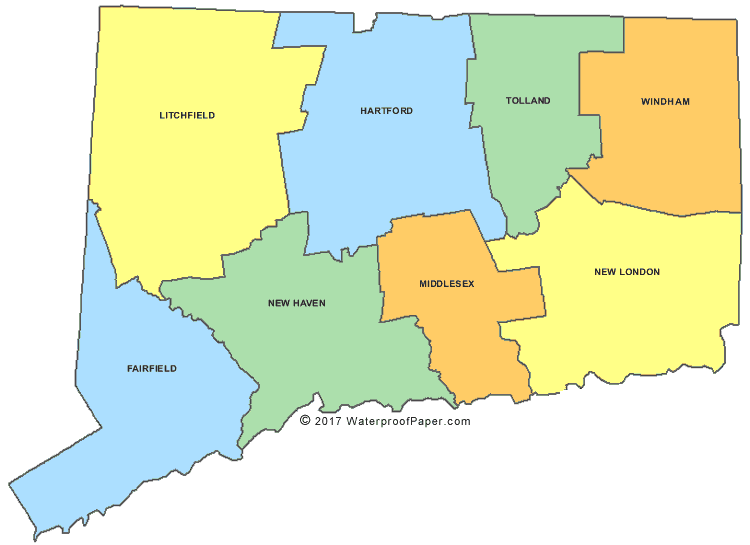Although he never held public office, George S. Jeffrey barber, orator, and post-reconstruction civil rights leader, emerged as one of the most important African American political figures in late 19th Century Connecticut. Jeffrey was born in Middletown, Connecticut in 1830, to free parents George W. and Mary Ann (Campbell) Jeffrey. By 1851, Jeffrey settled in Meriden, Connecticut and became a successful barber. Nine years later he married Martha Agnes Williams who by the late 1870s established a successful hairdressing emporium. Jeffrey was also known for his debating abilities. His temperance lecture “Sacrifice,” given in Meriden in 1879, drew an audience of several hundred people.
Jeffrey soon became a recognized leader on a local and statewide level. The Lincoln Club of Meriden, a Republican organization, was formed in 1877. In that same year Richard Jeffrey, the brother of George, became the first president. George Jeffrey was appointed the organization’s president in 1878, a post he held until 1886.
In the spring of 1880 black leaders of several Connecticut cities and towns met in Meriden to authorize Jeffrey as their representative at the upcoming Republican National Convention in Chicago, to protest the failure of the GOP to protect black male voters in the South.
In February 1887, Jeffrey spoke before the Connecticut State legislature to support a bill that would prohibit life insurance companies from discriminating against people of color. Jeffrey’s efforts were instrumental in the passage of the bill, the first in the nation to address this type of discrimination.
George Jeffrey, of both African and Native American ancestry, was also a member of the Narragansett, Niantic and Montauk tribes. In the early 1900s Jeffrey was a part of the Montauk council of administration that initiated a lawsuit against the Long Island Railroad for the recovery of Montauk Point on Long Island, New York. New York Supreme Court Justice Abel S. Blackmar ruled in favor of the railroad claiming that the Montauk were not Indians because they had largely intermarried with African Americans.
George S. Jeffrey died on December 6, 1906 in Meriden, Connecticut. His pallbearers included the Governor of Connecticut, Abiram Chamberlain, and the Mayor of Meriden, Connecticut, Benjamin Page.

